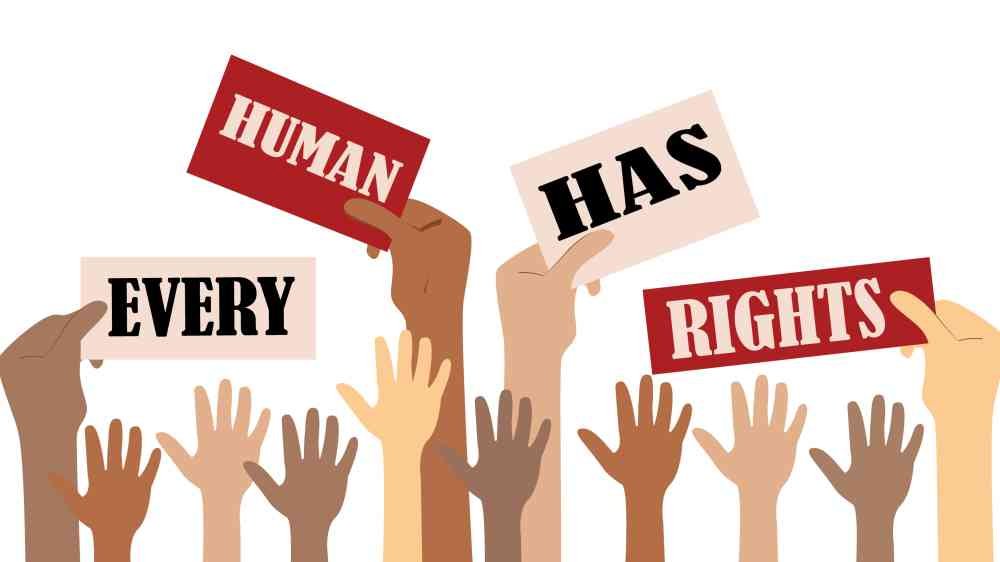Human Rights: The Pillars of Freedom, Equality, and Dignity
Human rights are the basic rights and freedoms that belong to every person in the world, regardless of nationality, ethnicity, language, religion, or any other status. They are based on the principles of equality, justice, and respect for human dignity. These rights are inalienable, meaning they cannot be taken away, and they apply equally to all individuals without discrimination.
One of the core aspects of human rights is the protection of individual freedoms. These freedoms include the right to free speech, which allows people to express their opinions without fear of retribution, and the right to assembly, which enables individuals to gather peacefully to express their views. These freedoms are essential for the promotion of democracy, accountability, and good governance in societies around the world.
However, despite the global recognition of human rights, many people still face severe violations of their rights. Discrimination, oppression, violence, and injustice continue to affect millions of individuals, particularly in regions of conflict, poverty, and inequality. The fight for human rights is ongoing, and it requires constant vigilance, activism, and international cooperation to address violations and ensure the protection of all individuals.
In conclusion, human rights are the cornerstone of a just and equal society. They allow individuals to live with dignity and freedom, and they serve as a powerful tool for promoting peace and justice worldwide. It is essential that we continue to uphold and protect these rights to ensure a better future for all.






